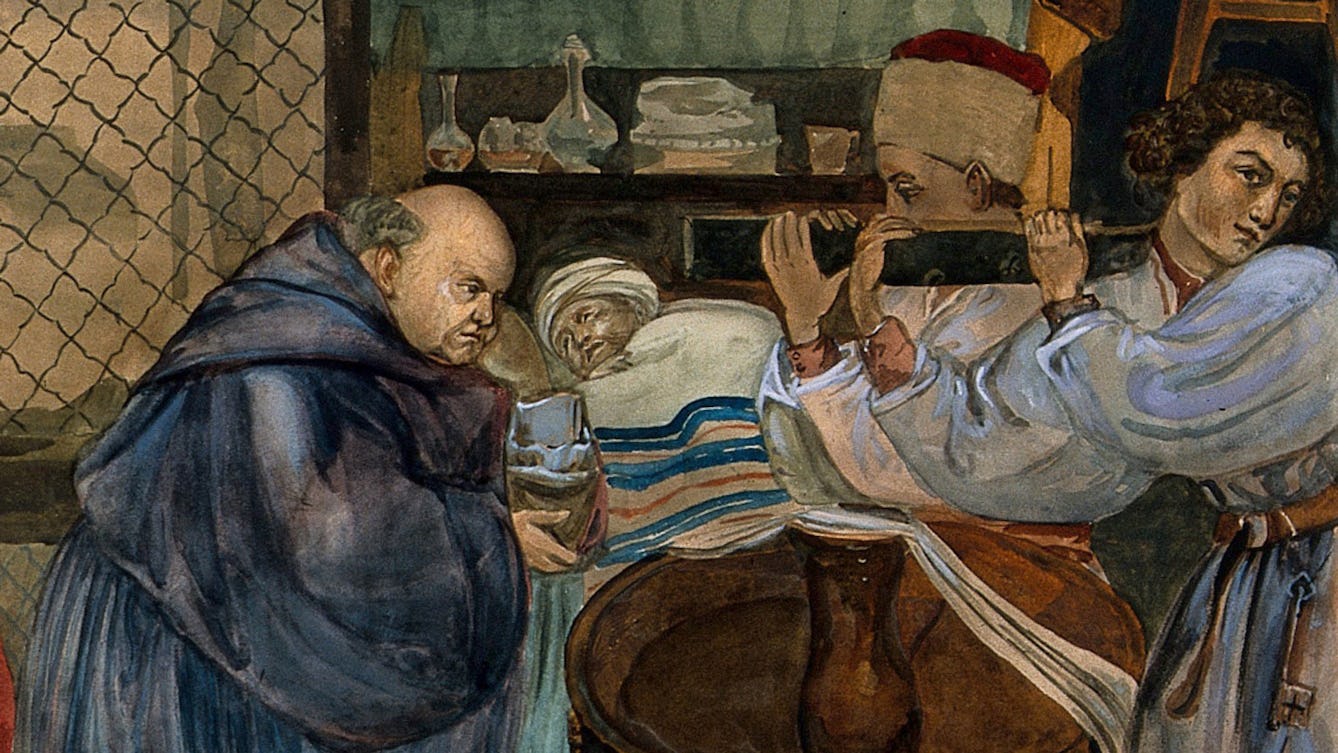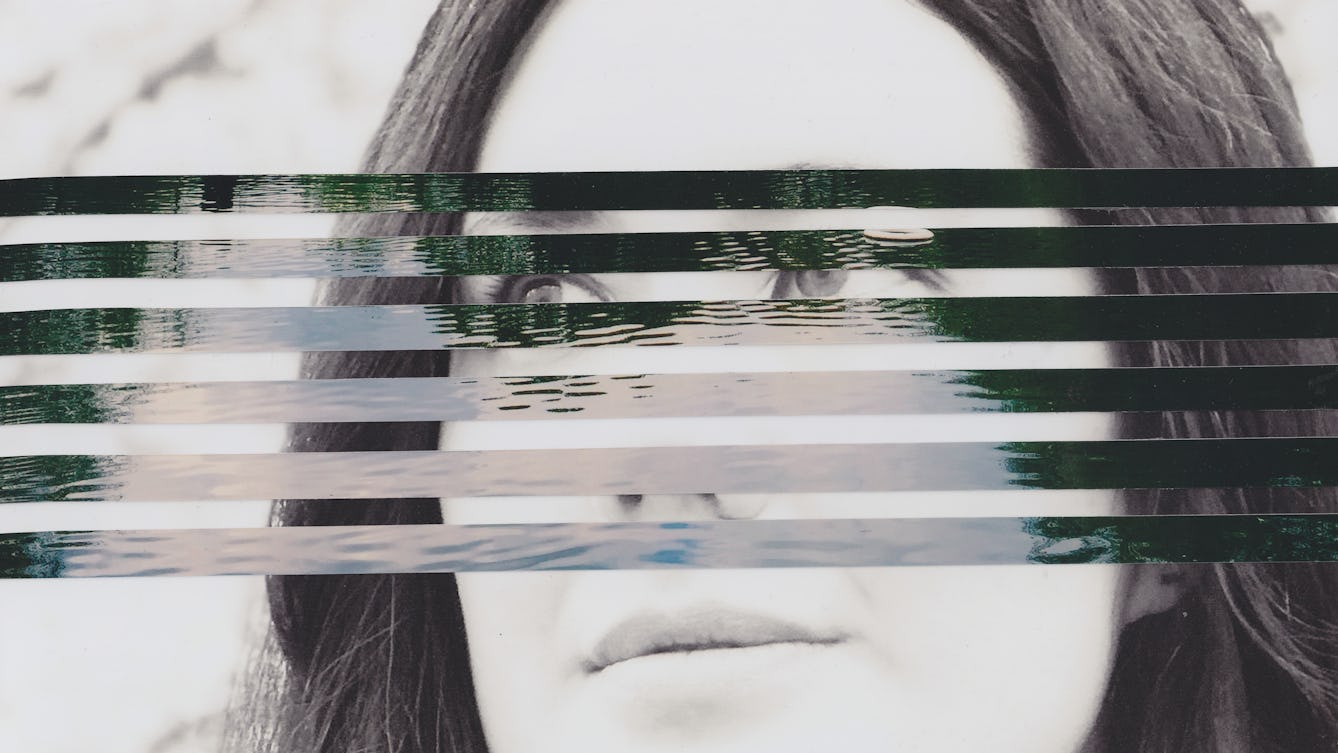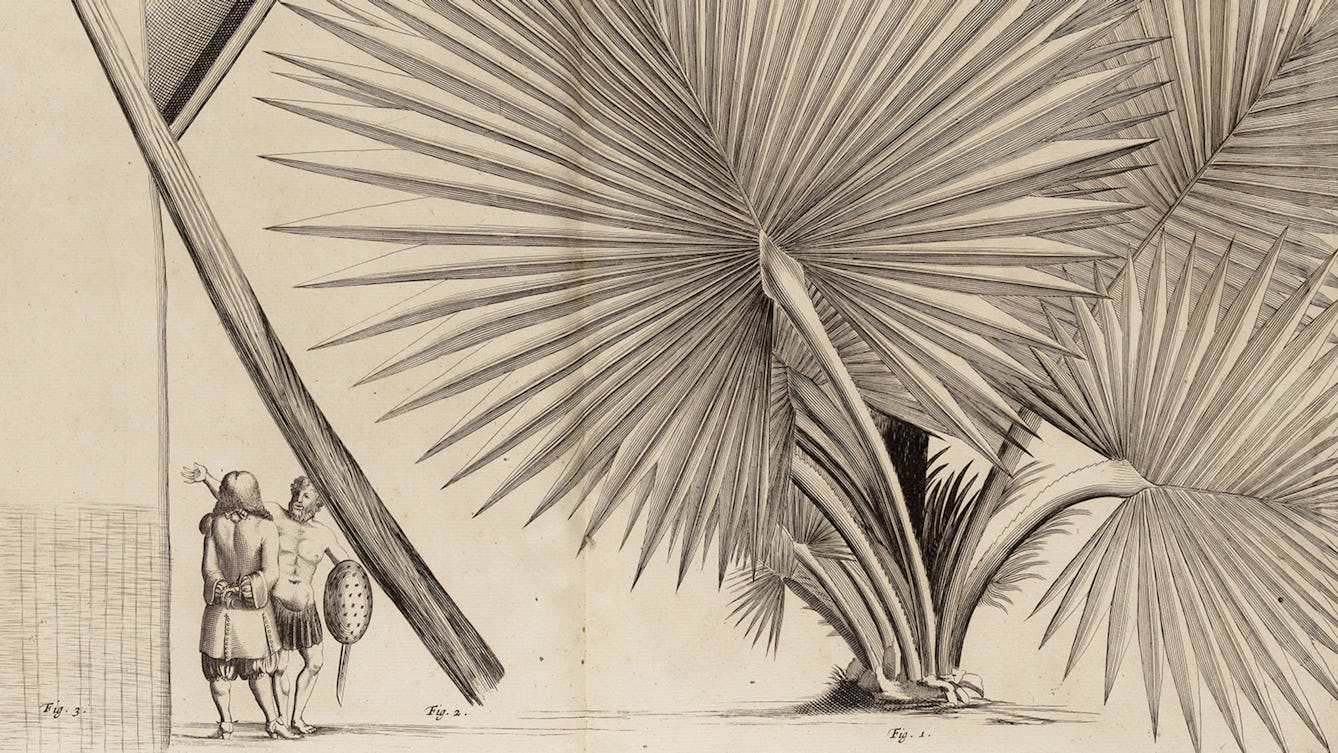
- In pictures
- In pictures
Why we still need quarantine
For years, quarantine has been an important measure to curb the spread of infection and avert further deaths. Discover the way it has been used in the past and why it is still necessary today.

- Article
- Article
Confession as therapy in the Middle Ages
The line between confession and counselling has been blurred for centuries.

- Article
- Article
On nature cures and taking the waters
When chilly outdoor swims began to chip away at her depression, Jessica J Lee was drawn to a closer study of the complex natural world around her.

- Article
- Article
Epidemic threats and racist legacies
Epidemiology is the systematic, data-driven study of health and disease in populations. But as historian Jacob Steere-Williams suggests, this most scientific of fields emerged in the 19th century imbued with a doctrine of Western imperialism – a legacy that continues to influence how we talk about disease.

- Article
- Article
A symbol of a lost homeland
The story of one protective amulet from Palestine reveals a complex tale. Encompassing the personal history of an influential doctor and collector, it provides a window onto dispossession and exile, and the painful repercussions that are still felt today.

- Article
- Article
The stranger who started an epidemic
New Orleans, 1853. James McGuigan arrives in the port city and succumbs to yellow fever.

- Article
- Article
Indian botanicals and heritage wars
Colonial botanical texts, as astonishingly beautiful as they are, may cast very dark shadows.